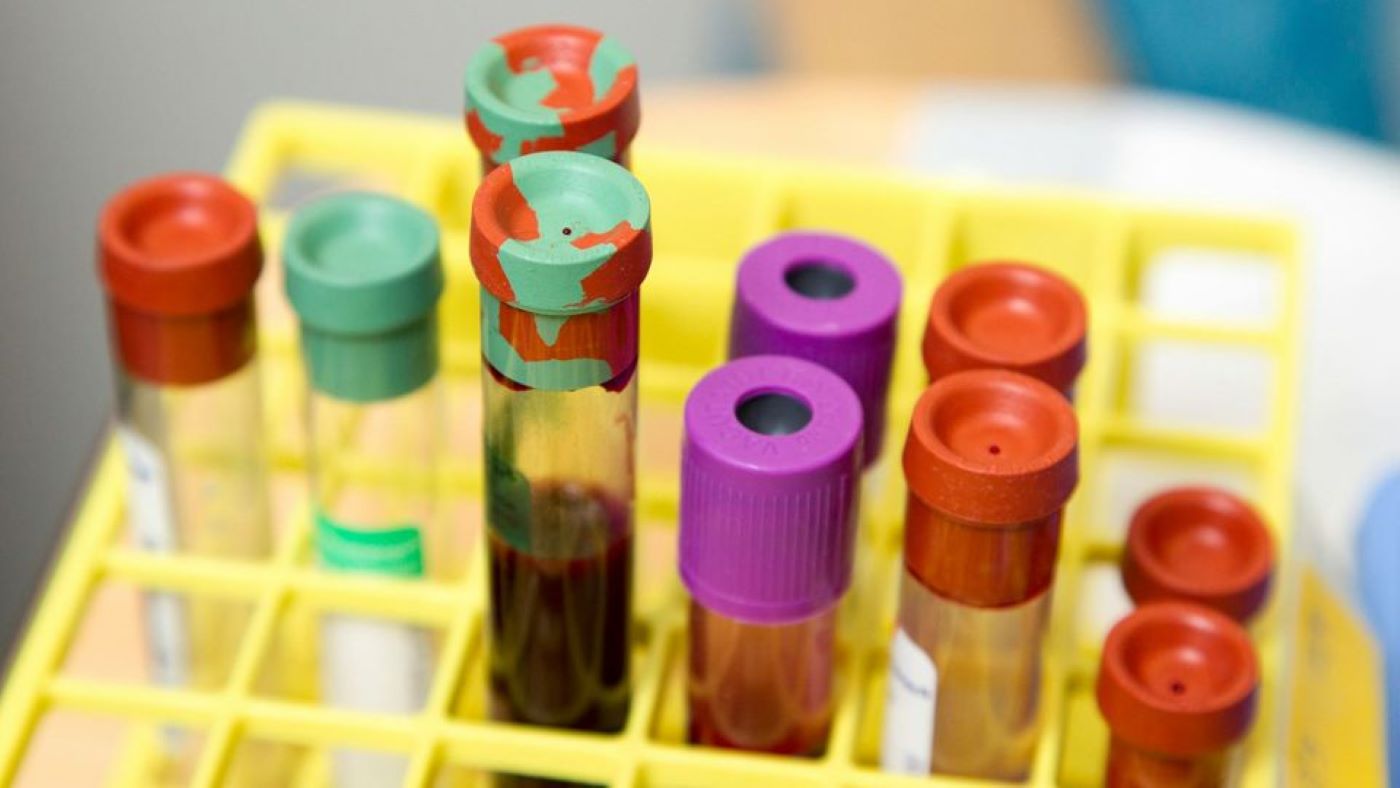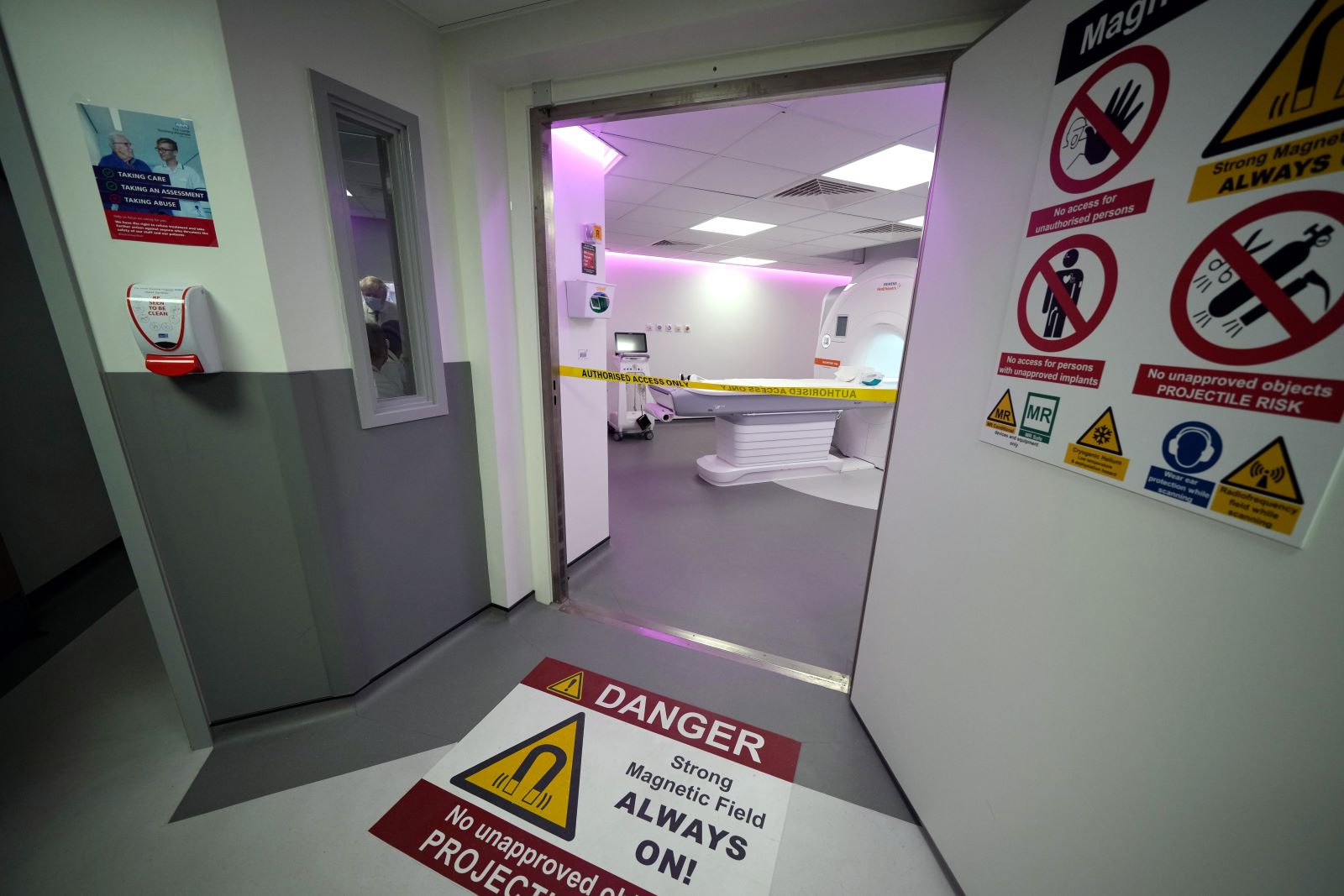The largest study to date examining the impact of a single invitation to undergo a PSA blood test for prostate cancer screening has revealed that while it marginally reduces deaths, it also results in overdiagnosis and may miss some aggressive cancers.
Published in the Journal of the American Medical Association (JAMA), the CAP trial was conducted by researchers from the universities of Bristol, Oxford, and Cambridge, involving more than 400,000 men aged 50-69. Nearly half of them received a single invitation for a PSA test.
Over a 15-year follow-up period, there was a slight difference in prostate cancer mortality rates between the groups: approximately 7 out of every 1,000 men invited for screening died from prostate cancer, compared to nearly 8 out of every 1,000 men who were not invited.
The findings indicated that around 1 in 6 cancers detected by the single PSA screening were overdiagnosed, prompting concerns from Cancer Research UK about unnecessary treatments that could potentially harm patients.
Professor Richard Martin, lead author and Cancer Research UK scientist at the University of Bristol, emphasized,
“Our extensive studies spanning 15 years show that while the PSA test slightly reduces prostate cancer deaths among healthy men, the associated harms outweigh this benefit. This includes unnecessary treatments and missed detections of cancers that do require intervention.”
Prostate cancer is the second leading cause of cancer deaths among men in the UK, claiming 12,000 lives annually.

Despite its prevalence, there is currently no national screening program due to uncertainties over the balance of benefits versus harms.
Naser Turabi, director of evidence and implementation at Cancer Research UK, added, “Using a single PSA test invitation for screening programs is likely to cause more harm than good for men.
Our ongoing research aims to develop better early detection methods that accurately identify aggressive prostate cancers, improving outcomes without unnecessary interventions.”
While advancements like MRI before biopsy have improved diagnostic accuracy, further research is needed to refine methods for detecting aggressive cancers early.
Dr. Neil Smith, GP for Cancer Research UK, acknowledged the challenges of early detection due to prostate cancer’s asymptomatic nature, advising men to consult their doctors if they notice any unusual changes.
He stressed, “Though a PSA test may not always be accurate, recognizing symptoms early enhances the likelihood of successful treatment.”
Efforts continue to enhance prostate cancer research and treatment strategies, with ongoing trials seeking to optimize outcomes for patients with both early and advanced stages of the disease.
